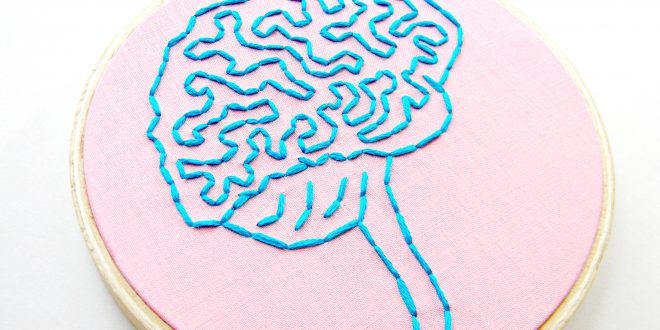Do therapists who deliver therapist-assisted Internet-delivered Cognitive Behaviour Therapy (ICBT) adhere to specific behaviours when delivering this service? What is the quality of the therapeutic assistance provided in ICBT? Do raters agree on therapist competence in delivering ICBT and what factors are associated with greater therapist competence with this mode …
Read More »
 Cognitive Behaviour Therapy A peer reviewed, multidisciplinary journal devoted to the application of behavioural and cognitive sciences to clinical psychology and psychotherapy.
Cognitive Behaviour Therapy A peer reviewed, multidisciplinary journal devoted to the application of behavioural and cognitive sciences to clinical psychology and psychotherapy.













